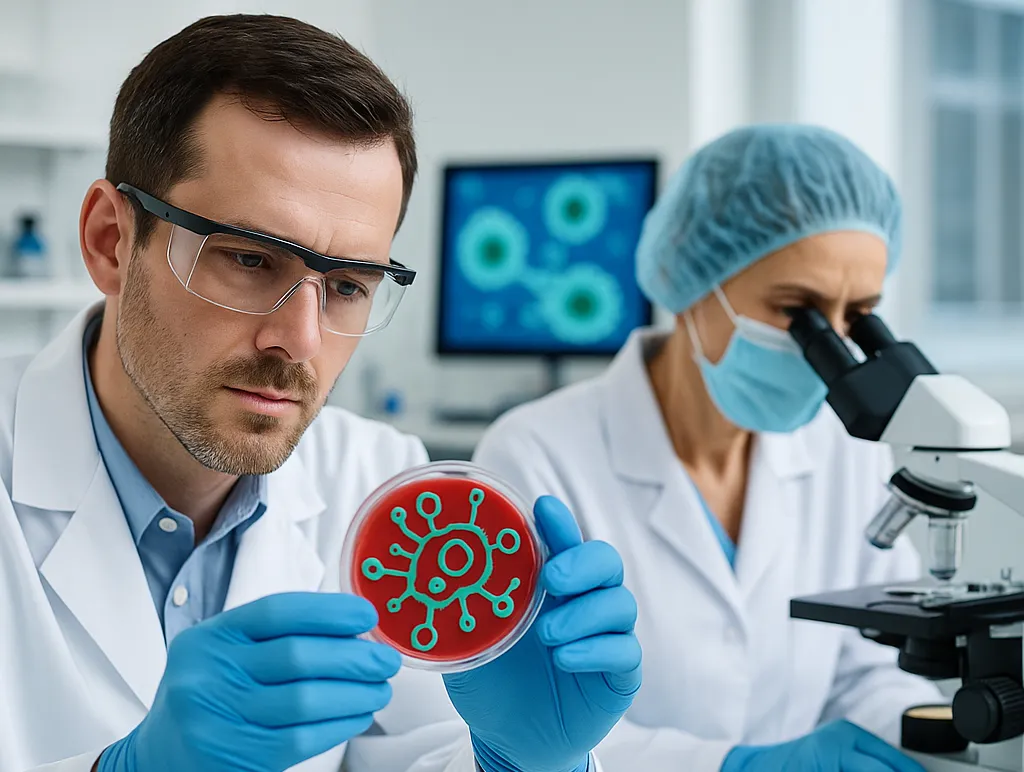
Liver failure
Step into a new era of healing at Infinity Stem Cells, where cutting-edge science meets the body’s innate potential. Our advanced cell regeneration therapies, centered on mesenchymal stem cells (MSCs), harness the transformative power of cellular renewal to address a wide range of conditions, restoring vitality and igniting wellness from within.
|
|
|
|
|
|
|
What is Liver failure
Liver failure is a life-threatening condition in which the liver loses its ability to function properly. As the body’s largest internal organ, the liver plays a crucial role in detoxifying harmful substances, producing essential proteins, storing vitamins, and aiding in digestion. When the liver is severely damaged, either suddenly (acute) or over time (chronic), it can no longer perform these vital tasks, leading to severe health complications.
There are two main types of liver failure:
Acute Liver Failure – A rapid loss of liver function, typically occurring within days or weeks, often in individuals without preexisting liver disease.
Chronic Liver Failure – The result of prolonged liver damage from conditions like cirrhosis, hepatitis, or long-term alcohol abuse, developing gradually over months or years.
Prompt diagnosis and treatment are critical to managing liver failure and preventing irreversible damage or death.

What Are the Symptoms?
People living with Liver failure may experience:

Jaundice

Fatigue and weakness

Dark Urine

Pale or Clay Colored Stools

Loss of Appetite

Nausea & Vomitting
Current Treatments
for Liver failure
Liver failure requires urgent and often complex medical care. Depending on whether it’s acute or chronic, treatments may vary, but the goal remains the same: stabilize the patient, treat the cause, manage symptoms, and—if needed—prepare for transplantation.
Hospital Care – Stabilization with fluids, monitoring, and infection control.
Medications – Targeted drugs based on the cause (e.g., antivirals, NAC, steroids).
Nutrition – Diet support to prevent malnutrition.
Liver Transplant: – Needed in severe or irreversible cases.
Lifestyle Changes – Avoid alcohol, manage health, get regular screenings.
What Are the Outcomes?
The outcome of liver failure depends heavily on early diagnosis, the underlying cause, and the speed of treatment.
Acute liver failure can be reversed in some cases with prompt medical intervention. However, without treatment, it may progress quickly to coma or death.
Chronic liver failure tends to worsen over time and can be managed with lifestyle changes and medications. With advanced care, some patients can live for many years.
A liver transplant significantly improves survival in eligible patients, offering a chance at long-term recovery and restored quality of life.
Stem Cell Therapy for Liver Failure
s an emerging and promising treatment for liver failure, offering a potential alternative to liver transplantation. This innovative approach focuses on regenerating damaged liver tissue and restoring liver function by using the body’s own repair mechanisms.
Stem cells, particularly mesenchymal stem cells (MSCs) from bone marrow, umbilical cord, or adipose tissue, are introduced into the patient. These cells can:
Differentiate into liver-like cells
Reduce inflammation and fibrosis
Stimulate natural liver regeneration
Science, Simplified: Our Therapy Process
Understanding your journey towards health through clear, straightforward steps.
Site
Target
Depth
Forehead & Eyes
Cheeks & Jawline
Under-Eye Area
Full Face
Wrinkles, crow’s feet
Volume loss, elasticity, hydration
Dark circles, fine lines
Texture, glow (via microneedling)
1–2 mm (superficial dermis)
2–4 mm (deep dermis)
1–1.5 mm (cautious use)
0.5–1.5 mm

Why Consider
Stem Cell Therapy?
Non-surgical and outpatient
Focuses on long-term healing, not just symptom relief
Supported by early-stage clinical research
Ethically sourced, high-quality regenerative cells
Find Out If You're a Candidate >>
Talk to an Expert >>
Explore the Science Behind It >>
Frequently Asked Questions
Is this FDA-approved?
Stem cell therapies using ethically sourced regenerative cells are regulated under strict guidelines by the FDA. While certain applications have explicit FDA approval, others are administered under FDA guidelines as investigational therapies, complying fully with regulatory standards to ensure safety and quality.
What are the risks or side effects?
Stem cell therapy is generally safe with minimal risk. Common mild side effects can include temporary soreness, swelling, or minor bruising at the injection site. Rarely, more serious complications such as infections or allergic reactions can occur. Our medical team thoroughly evaluates each patient to minimize these risks.
How long until I feel results?
Patients often notice initial improvements within days to weeks, with more substantial benefits progressively occurring over the following months as the regenerative process continues. Individual experiences can vary depending on the condition's severity and personal health factors.
How many sessions are required?
Many patients experience significant improvements after a single session. However, depending on individual conditions and response to treatment, additional sessions may be recommended to maximize outcomes. Our specialists provide personalized recommendations during your consultation.
Is this covered by insurance?
Insurance coverage varies depending on the specific policy and condition being treated. While regenerative therapies are not universally covered, some plans offer partial or full coverage. Our administrative team will assist you in verifying insurance coverage and exploring financial options to support your treatment.
Connect with Us
Quick Links
Copyright© 2025 Scientific Infinity - All Rights Reserved.
